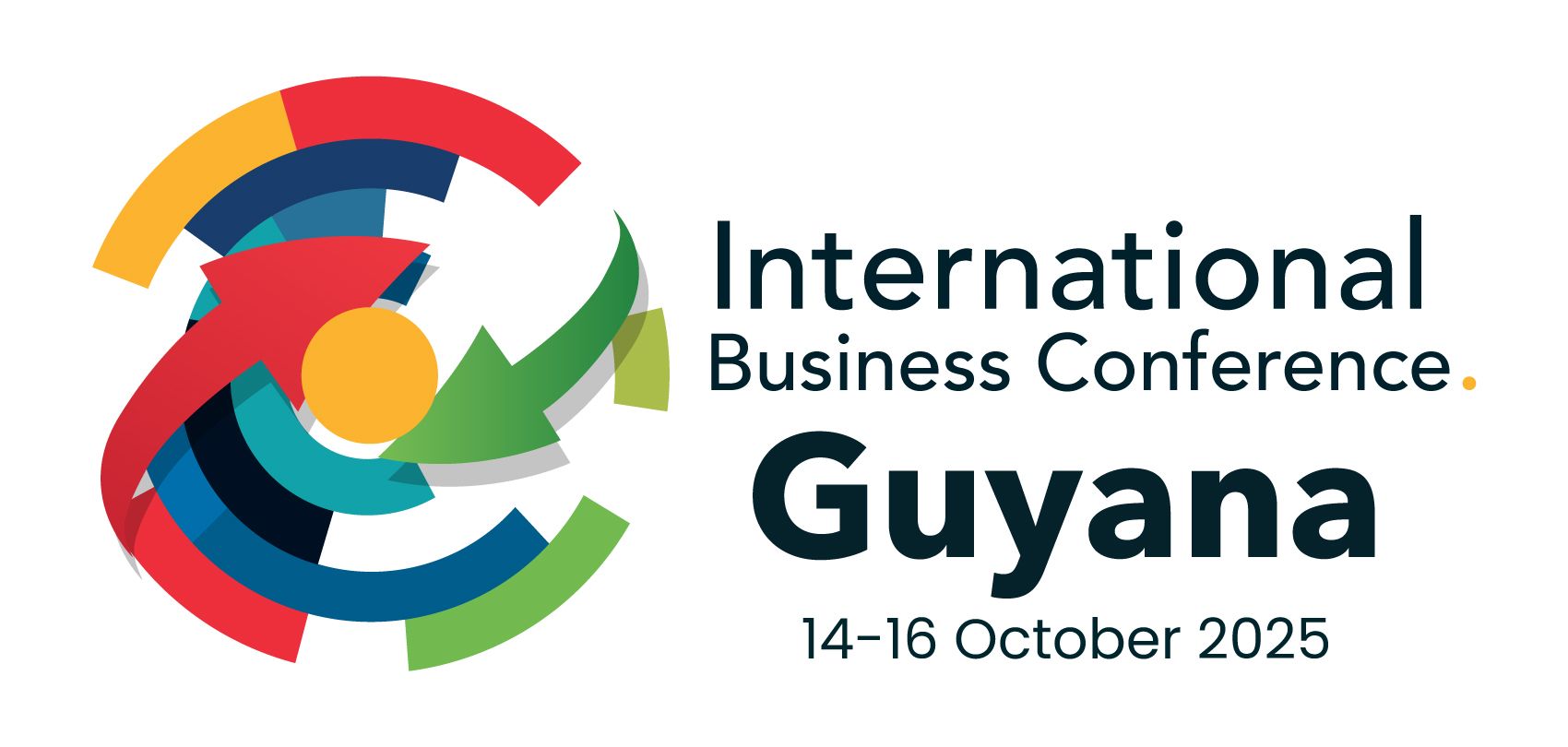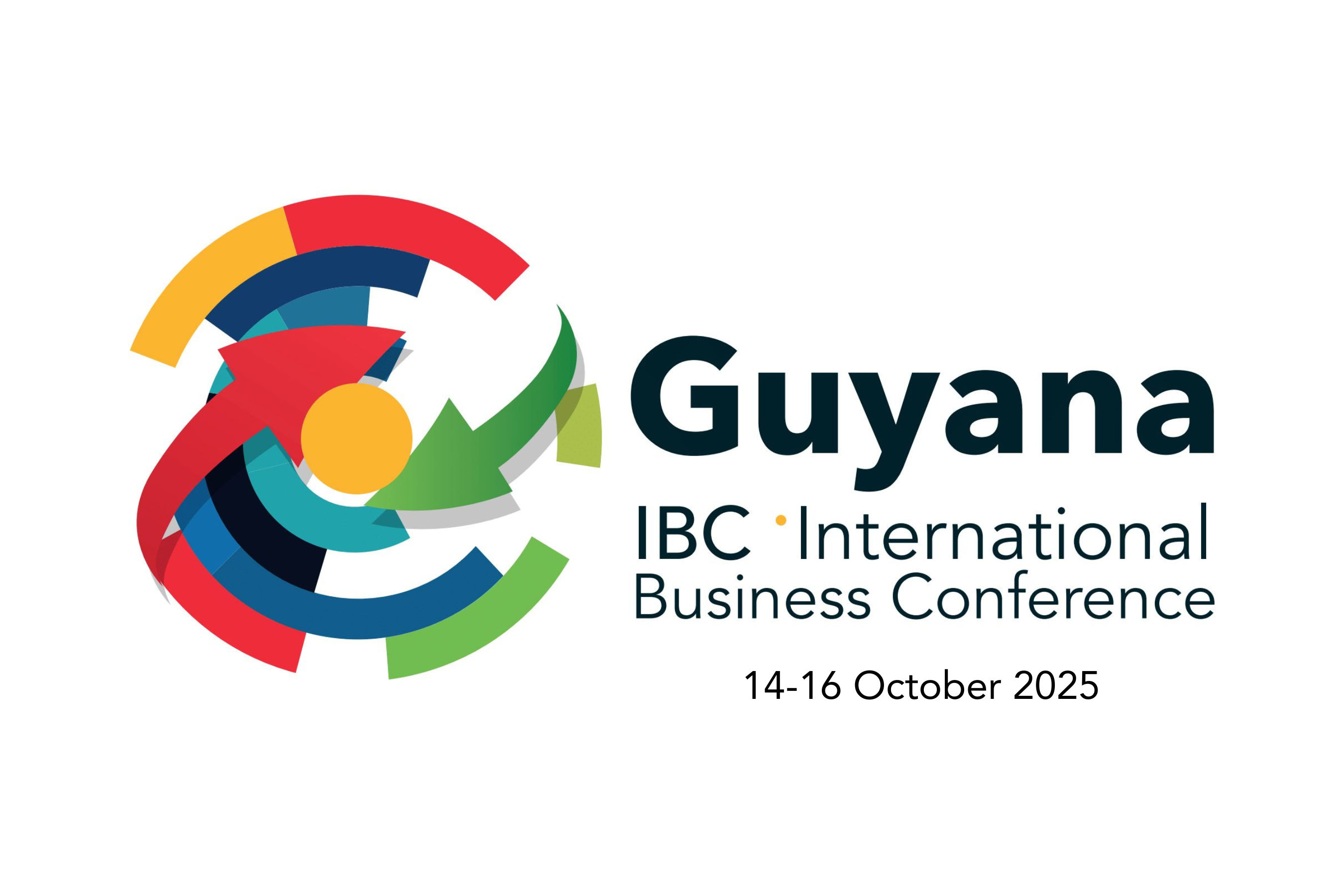Businesses urged to join EU’s Digital Alliance to guard against threats linked to AI technology
)
Businesses operating in Guyana, Suriname, French Guiana, Brazil and Colombia have been urged to join the European Union’s Latin America and Caribbean Digital Alliance, as the agency moves to beef up digital security against threats associated with artificial intelligence (AI).
The call was issued by EU Ambassador to Guyana, Rene van Nes, during the opening ceremony of the International Business Conference held at the Mariott Hotel in Kingston Georgetown earlier in the week.
The EU-LAC Digital Alliance promotes cooperation on a wide range of digital issues, among which are digital policy dialogue, internet governance, data governance, infrastructure, connectivity, security, data protection; artificial intelligence and other new, emerging digital technologies; skills development, technology, entrepreneurship and innovation, digital trade; and space-related activities such as Copernicus Earth observation data and Galileo/EGNOS satellite navigation applications and services.
The Alliance also serves as a forum for developing a bi-regional investment agenda in the digital domain, underpinned by the Global Gateway initiative among other sources of funding.
In his address, Ambassador van Nes highlighted the need for business owners to invest in AI security and join the global conversation on digital matters for the benefit of clients and citizens.
“You’re either part of the Digital Revolution or you’re not part of the future. I think it is as simple as that”, he declared. “Every 39 seconds, there is a cyber-attack somewhere in the world. Every 39 seconds! So, you need to be prepared, you need to protect yourself, you need to make sure that you can withstand those elements that come with the Digital Revolution as well,” he expounded.
“I’m very happy to share with you here that both Guyana and Suriname joined the EU-Latin America and Caribbean Global Gateway Digital Alliance, so the digital alliance brings all these countries together, experts from Europe, experts from Latin America and the Caribbean, to talk about this,” he added.
Ambassador van Nes believes that with more businesses on board, the European Union can further mobilise EU-supported infrastructure like the LAC Cyber Competence Centre and other projects to safeguard against cybercrime.
“So, we need to make sure that we bring everyone on that Digital Revolution. We have to make sure that there is capacity, that there are physical connections, but also a regulatory environment to deal with the unwanted side effects…,” he said.
“How do you protect yourself? How do you benefit from the Digital Revolution? How do you make sure that you have a digital environment that works for your people? So, it is both soft and hard infrastructure to make sure that you have secure and trusted connectivity. And as… business people know, secure connectivity is becoming a key driver for investment decisions. You want to know that if you share information in a country with the government, your information is safe and secure, and that it is not leaked to other partners that may then want to use that,” he explained.
The Guyana Government had in September committed to working with other Latin American governments, EU Member States, private stakeholders, international financial institutions, civil society and academia on key digital challenges like connectivity, regulatory dialogue, data security, digitization of public services and earth observation data.
President Dr Irfaan Ali has been advocating for the Caribbean Community (Caricom) to develop regulations to govern Artificial Intelligence (AI), which is growing in prominence around the world with each passing day.
AI that carries ‘unacceptable risk’ would be banned outright, while AI at the lower end of the risk spectrum would see developers having to disclose to users whenever any content they interact with is AI-generated. The President had pointed out that it would be a disaster for the region if member states failed to act.
According to President Ali, this digital platform must be a common one that would see all the countries in Caricom sharing a single system and working together.
Already, countries around the world have been moving to set up legislation to govern AI. In the European Union (EU), laws were approved in February that would regulate AI based on risk assessments of the different models.
Meanwhile, in the US, work continues at both the federal and state levels to bring about laws to regulate AI. In California, for instance, efforts are being taken to assess the risk of deepfake technology to the government systems. This technology can manipulate video to mimic real persons.



